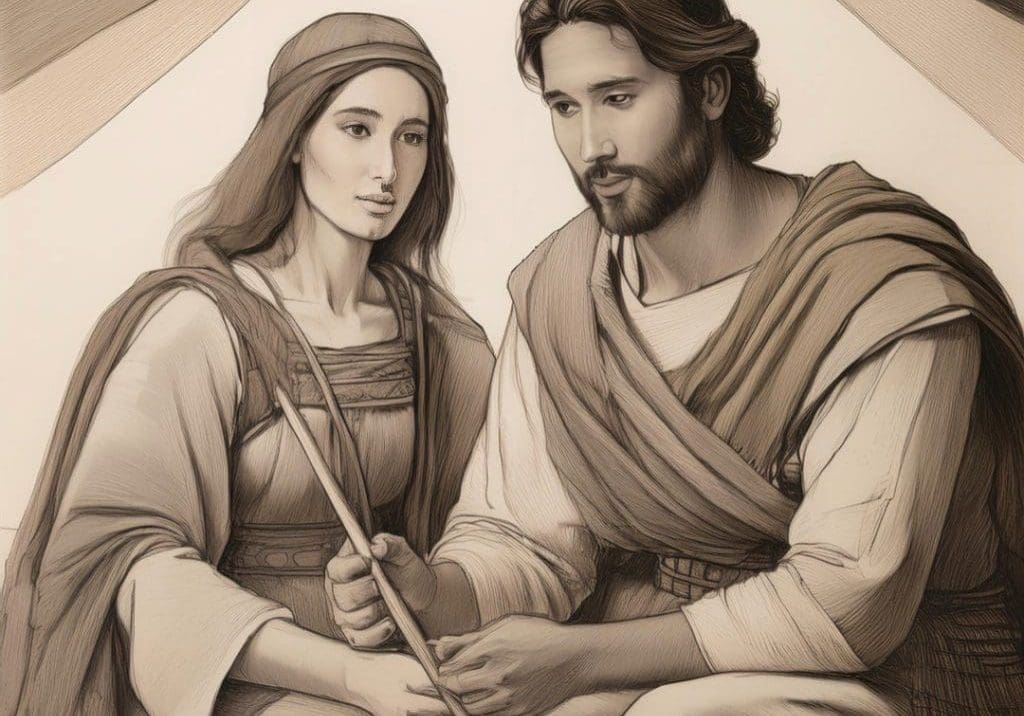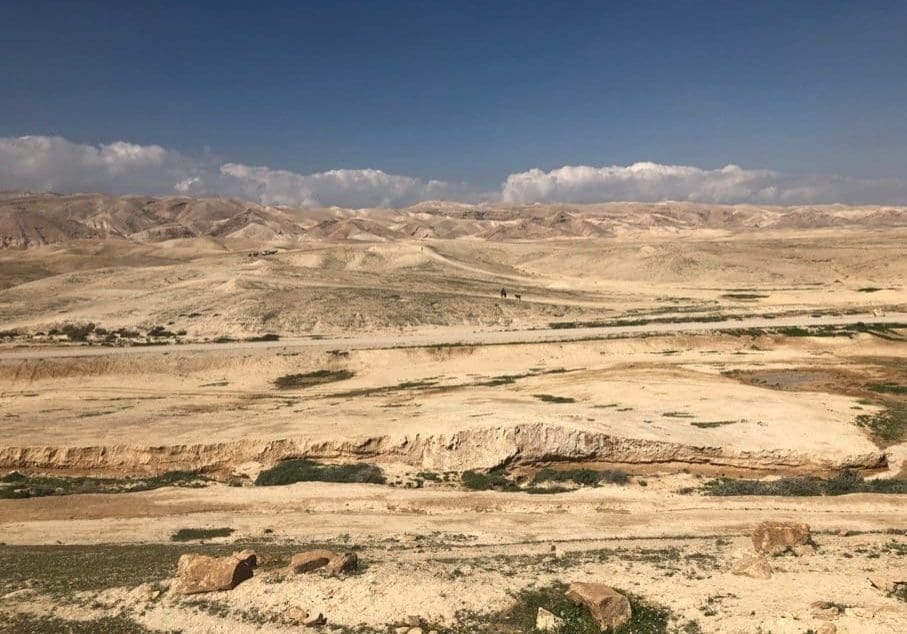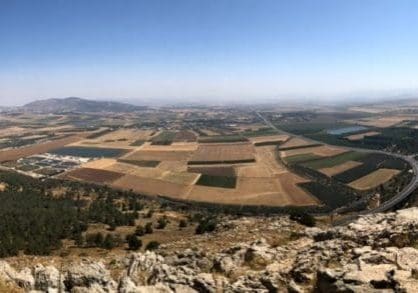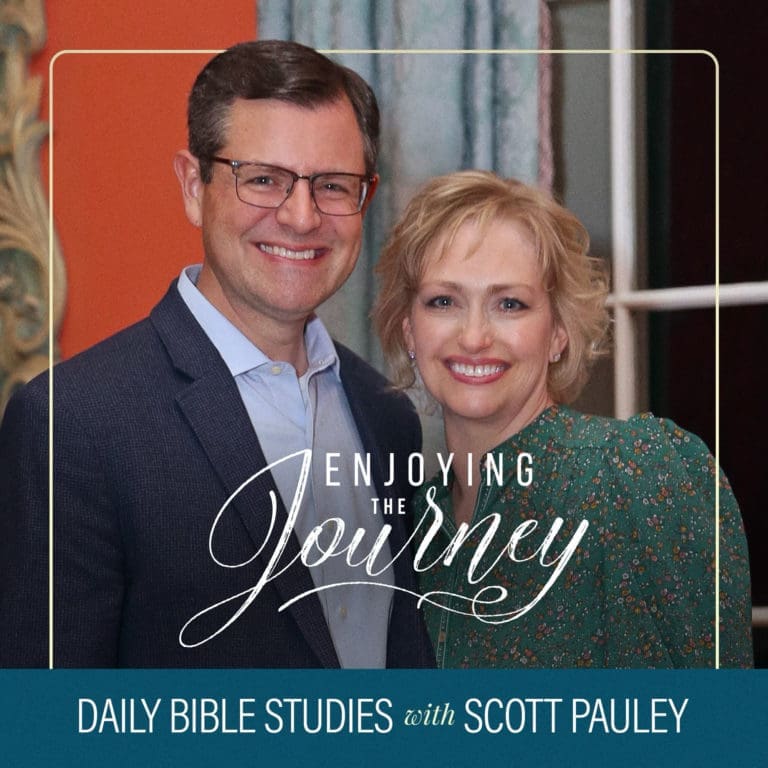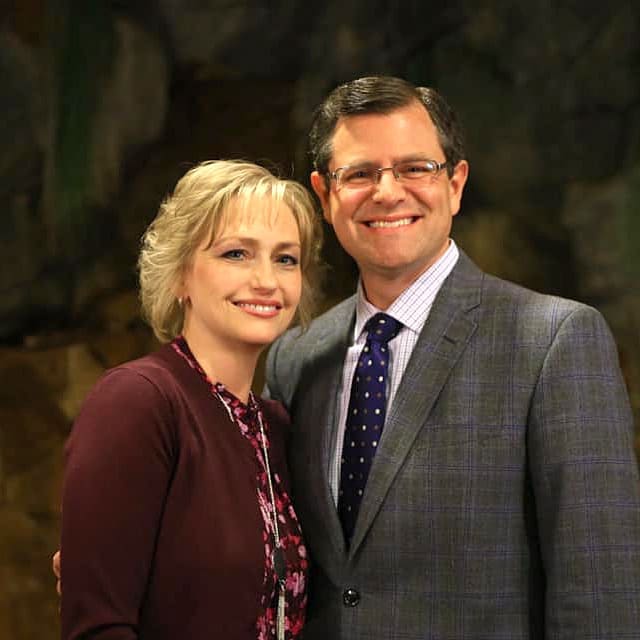
“And whatsoever ye do, do it heartily, as to the Lord, and not unto men; Knowing that of the Lord ye shall receive the reward of the inheritance: for ye serve the Lord Christ.” – Colossians 3:23-24
A Snapshot of the Life of Booker T. Washington:
Born: April 5, 1856, Hales Ford, Virginia
Died: November 14, 1915, Tuskegee, Alabama
Educator, lecturer, writer and founder of Tuskegee (AL) Institute (son of a mulatto slave and A white man). After the emancipation, Washington’s family moved to Malden, WV and joined a Baptist church there, He then went to the Hampton (VA) Normal and Agricultural Institute, 1873-75. He taught there after graduation; then he went to Tuskegee, AL to organize Tuskegee institute, a trade and professional school for black youth in 1881. He married Maggie Murray on Oct. 12, 1898. Washington made a speech on education, on Sept. 18, 1895, at the Atlanta Exposition, which made him famous; replacing Fredrick Douglass as chief spokesman for his race. He was respected among royalty and presidents. When he died of a heart attack, Washington had a legacy of 100 buildings, 1,500 students, 200 faculty members, and an endowment of $2 million at Tuskegee Institute. His books range from Future of the American Negro (1899) to The Man Farthest Down (1912). His Up from Slavery (1901) was well received, translated into at least 15 languages.– (Excerpt taken from the Reese Chronological Encyclopedia of Christian Biographies. Used by permission.)
A Spiritual Application for Our Lives:
Booker T. Washington began life with far greater challenges than most of us will ever face. In his youth, Washington wished for an opportunity to excel without such tremendous obstacles. He dreamed of reaching the highest levels of success without the extra work required because of his skin color. However, he soon learned that God uses trials to strengthen our character (James 1:3-4).
Holding mere titles is far less important than becoming one who endures and overcomes to the glory of God. He believed that “success is to be measured not so much by the position [one] has reached as much as by the obstacles which he has overcome while trying to succeed.” Nevertheless, Booker understood that he needed the blessing of God to accomplish the work the Lord had prepared him to do. As a man of deep personal faith in God, he would never speak publicly unless he had first sought “the blessing of God upon what [he] was about to say.”
Booker understood the value of doing all things to the glory of God (Colossians 3:23-24). His example should encourage us to obey this same command. His life demonstrated this: from scrubbing floors to working in mines to desperately and tirelessly laboring to obtain an education, Booker understood that all was to be done to the glory of God (1 Corinthians 10:31).
So what about us? Why do we introduce Booker T. Washington? Because we all must learn from his example. A true follower of Christ must not create excuses, cast blame, or complain about their difficulties – no! True followers of Jesus understand that they have been placed exactly where they need to be to fulfill His purpose; they will seek that purpose and strive to fulfill it.
Let his testimony challenge you today. Work diligently with what God has given you today. Recognize God’s hand in the difficulties. Seek God’s strength and wisdom to overcome those struggles. Encourage others to rise above their circumstances and accomplish God’s will for their lives. Above all else, live today for the glory of God.
A Suggestion for Further Reading…
Up From Slavery – Booker T. Washington, 1901
Working with the Hands – Booker T. Washington, 1904 (this is an account of the daily work and experiences at the Tuskegee Institute; Chapter 16 is of special interest)


